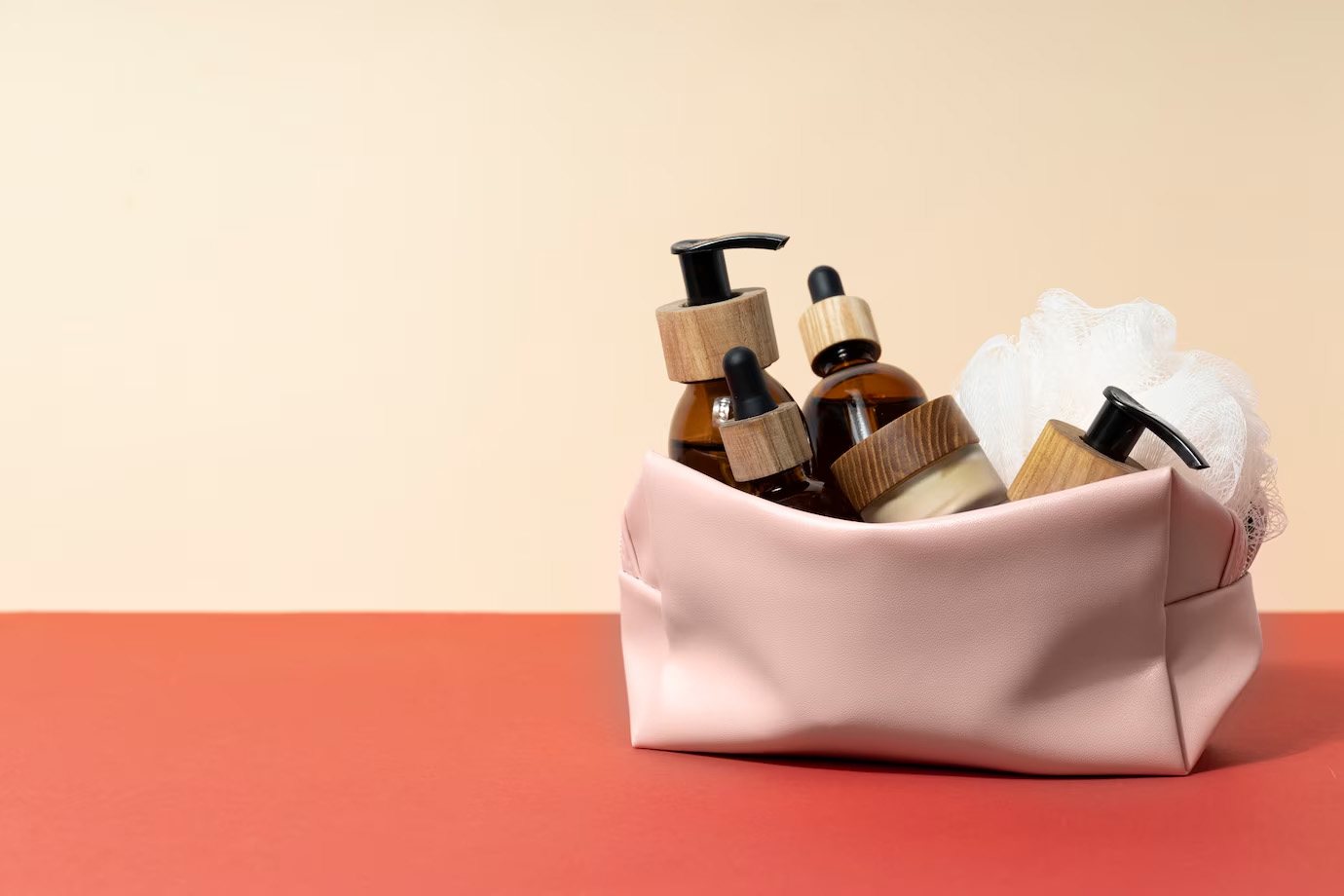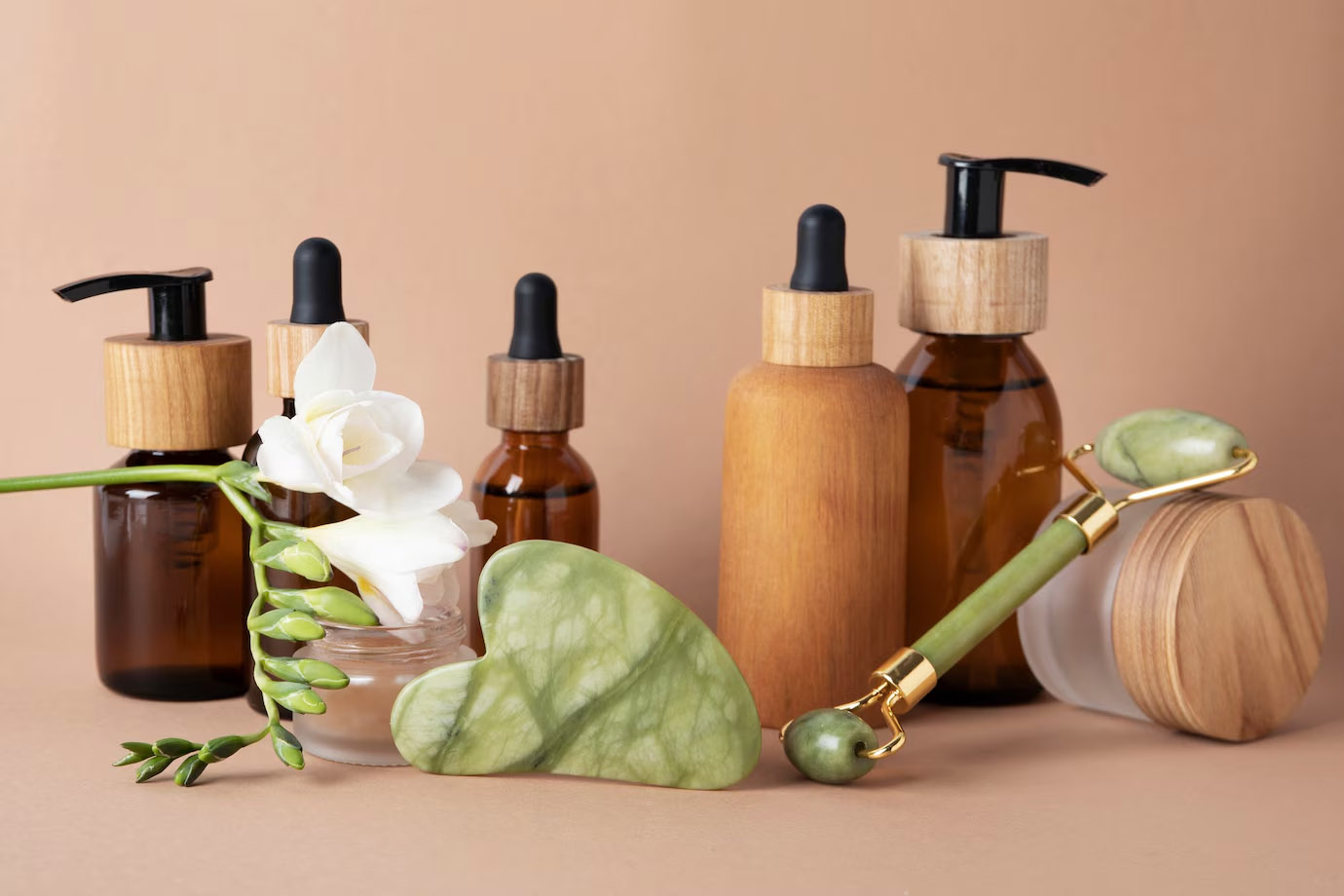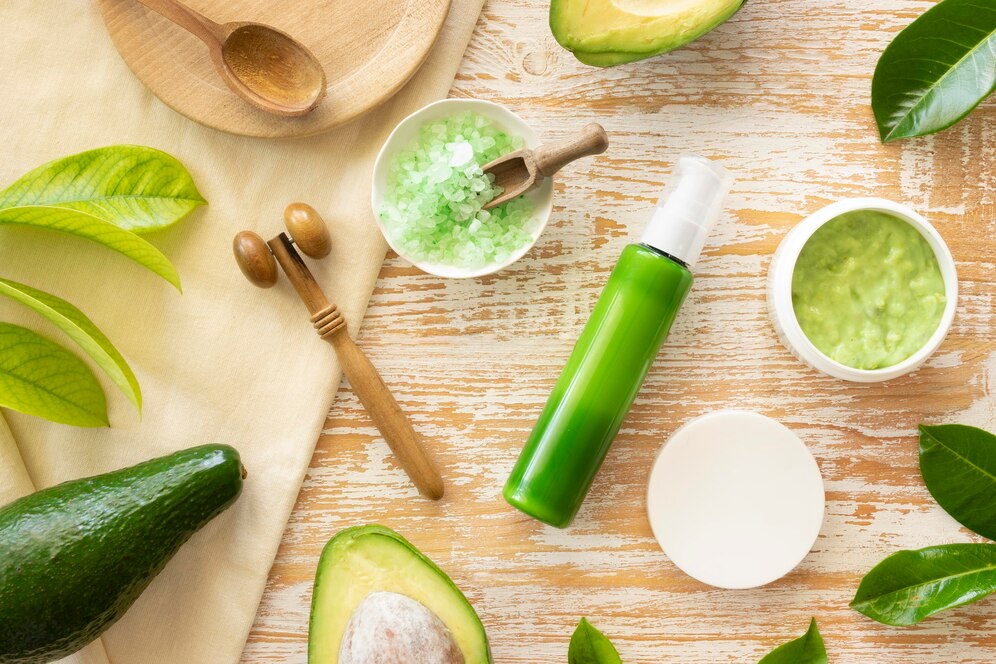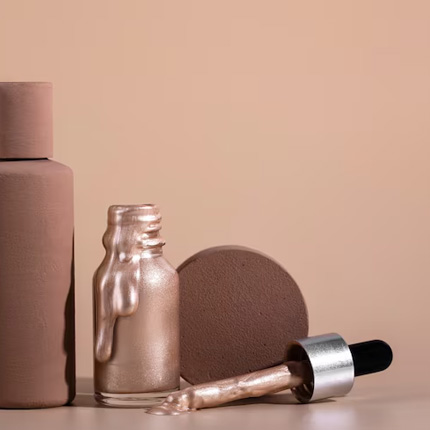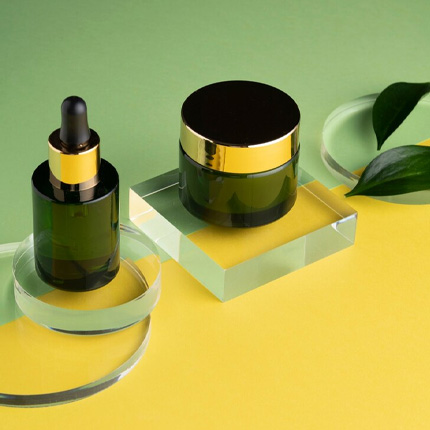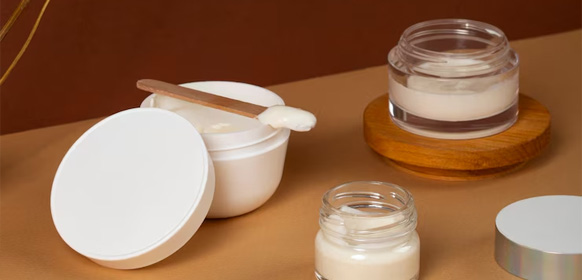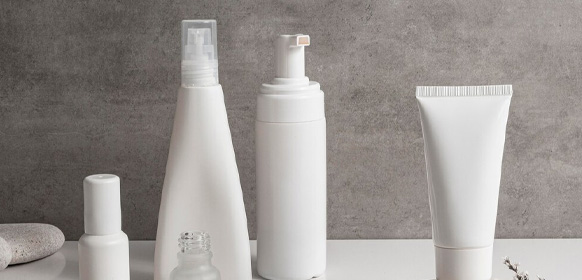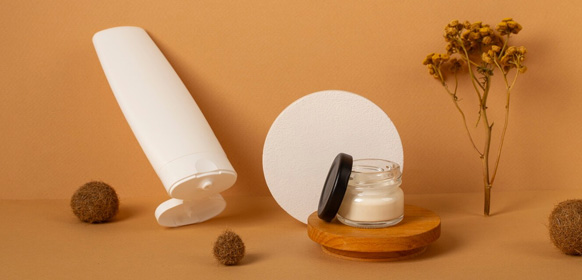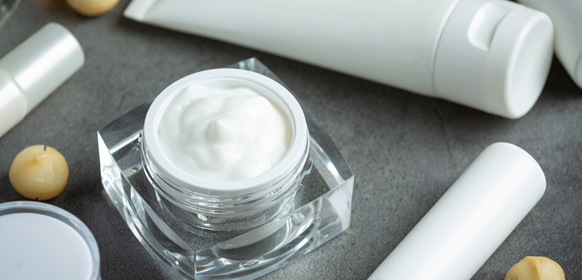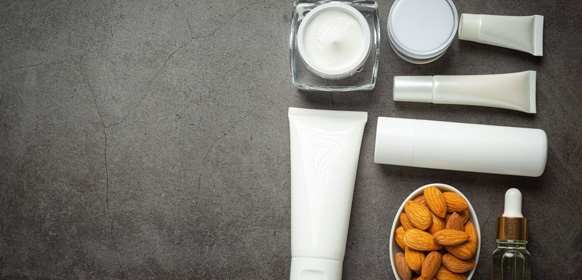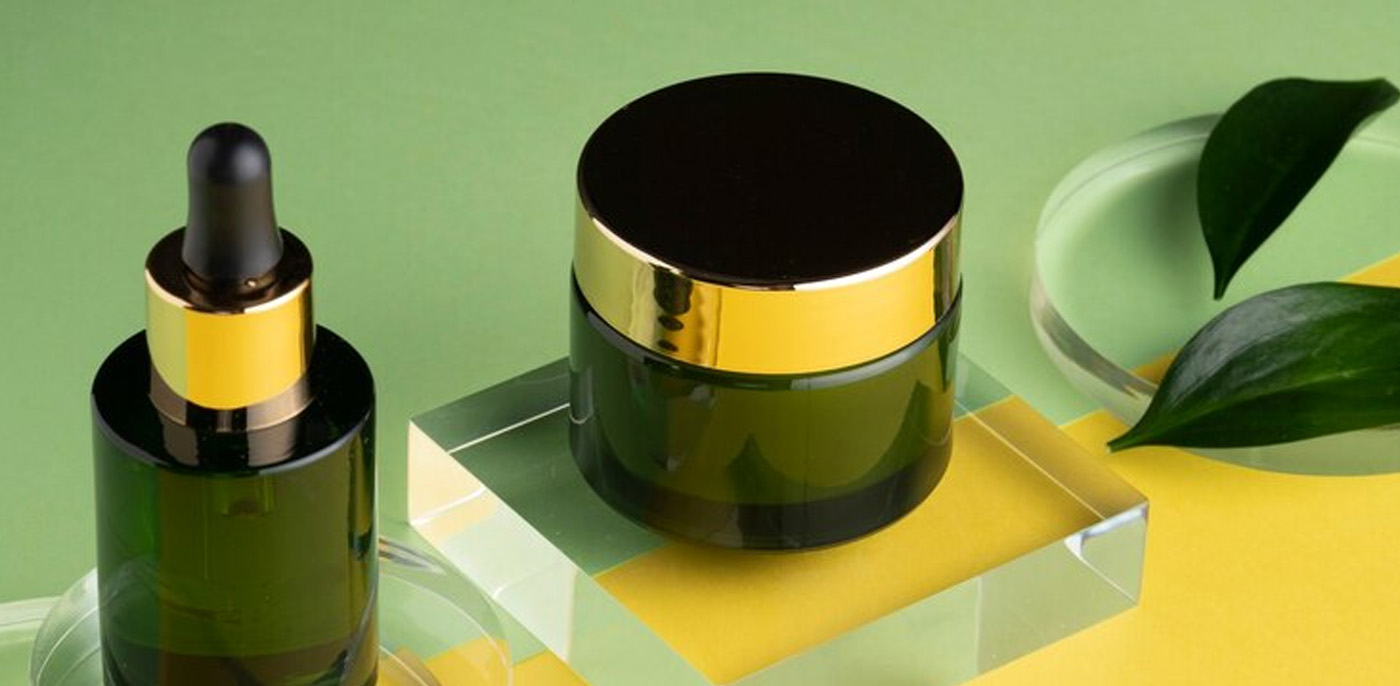
In the dynamic and competitive realm of the cosmetics industry, Cosmetics OEM (Original Equipment Manufacturer) and Cosmetics Solution providers play a crucial role in helping brands bring their products to market. One common practice in Cosmetics OEM production is the establishment of a Minimum Order Quantity (MOQ), often referred to as MCQ. This requirement serves several important purposes and is essential for both the Cosmetics OEM manufacturers and the brands they collaborate with.
Economies of Scale
One of the primary reasons Cosmetics OEM producers impose an MCQ is to achieve economies of scale. Cosmetics manufacturing involves various costs, including raw material procurement, production setup, labor, and packaging. When producing a larger quantity of products in a single run, these costs can be spread over a greater number of units, reducing the per-unit production cost. For example, the cost of sourcing high-quality ingredients like botanical extracts or specialized active compounds can be substantial. Buying these ingredients in bulk for a larger order allows the Cosmetics OEM to negotiate better prices with suppliers, which in turn helps in offering more competitive pricing to brand clients.
Similarly, the setup costs for manufacturing processes, such as preparing the production lines, calibrating equipment, and ensuring quality control measures are in place, remain relatively fixed regardless of the order size. By having a minimum order quantity, the Cosmetics OEM can ensure that these setup costs are amortized over a sufficient number of units, making the production process more cost-effective. This efficiency in production also enables Cosmetics OEM Solution providers to allocate resources more effectively, reducing waste and maximizing productivity.
Production Efficiency and Operational Feasibility
Cosmetics production involves complex processes, from formulation development to filling and packaging. Each production run requires a certain amount of time and effort to set up and execute smoothly. If Cosmetics OEM manufacturers were to accept very small orders, the production process would become fragmented and less efficient. Frequent changeovers between different small orders would lead to increased downtime, higher labor costs, and potential quality control issues.
For instance, consider a Cosmetics OEM that specializes in manufacturing lipsticks. Switching from producing one brand's matte lipstick formula to another brand's glossy formula with a different color requires cleaning and recalibrating the filling machines, as well as changing the packaging materials. This process can be time-consuming and costly. With an MCQ, the Cosmetics OEM can ensure that each production run is large enough to justify the setup and operation of the production line, minimizing disruptions and maintaining a consistent level of output.
Quality Assurance and Consistency
Maintaining high-quality standards is paramount in the cosmetics industry. Cosmetics OEM manufacturers invest significant resources in quality control measures, from testing raw materials to conducting stability tests on finished products. When producing smaller quantities, it can be challenging to achieve the same level of quality consistency as with larger batches. For example, in the formulation of skincare products, precise measurement and mixing of ingredients are crucial for the product's effectiveness and safety. With a larger order, it is easier to ensure that the same production methods and quality control procedures are applied uniformly across all units, reducing the risk of variations in product quality.
Moreover, Cosmetics OEM Solution providers often have established quality management systems in place that are designed to work most efficiently with larger production volumes. By adhering to an MCQ, they can ensure that these systems are utilized effectively, providing brands with products that meet or exceed industry standards. This consistency in quality is not only important for consumer satisfaction but also for building a strong brand reputation in the market.
Financial Viability
Running a Cosmetics OEM manufacturing business requires significant capital investment in equipment, facilities, and skilled labor. To cover these costs and generate a profit, manufacturers need to ensure that each order is financially viable. Small orders may not generate enough revenue to cover the fixed and variable costs associated with production, leaving the Cosmetics OEM in a precarious financial position.
An MCQ helps Cosmetics OEM producers to manage their cash flow effectively and plan for future growth. It allows them to invest in research and development, upgrade their production facilities, and hire and train skilled employees. By working with brands that can meet the minimum order requirements, Cosmetics OEM manufacturers can build long-term, sustainable business relationships that are beneficial for both parties.
In conclusion, the requirement of a Minimum Order Quantity (MOQ) or MCQ in Cosmetics OEM production is not an arbitrary decision. It is a strategic necessity that enables Cosmetics OEM manufacturers to achieve economies of scale, maintain production efficiency, ensure quality consistency, and remain financially viable. For brands seeking Cosmetics Solution providers, understanding and respecting these MCQs is essential for a successful and mutually beneficial partnership in the highly competitive cosmetics industry.
